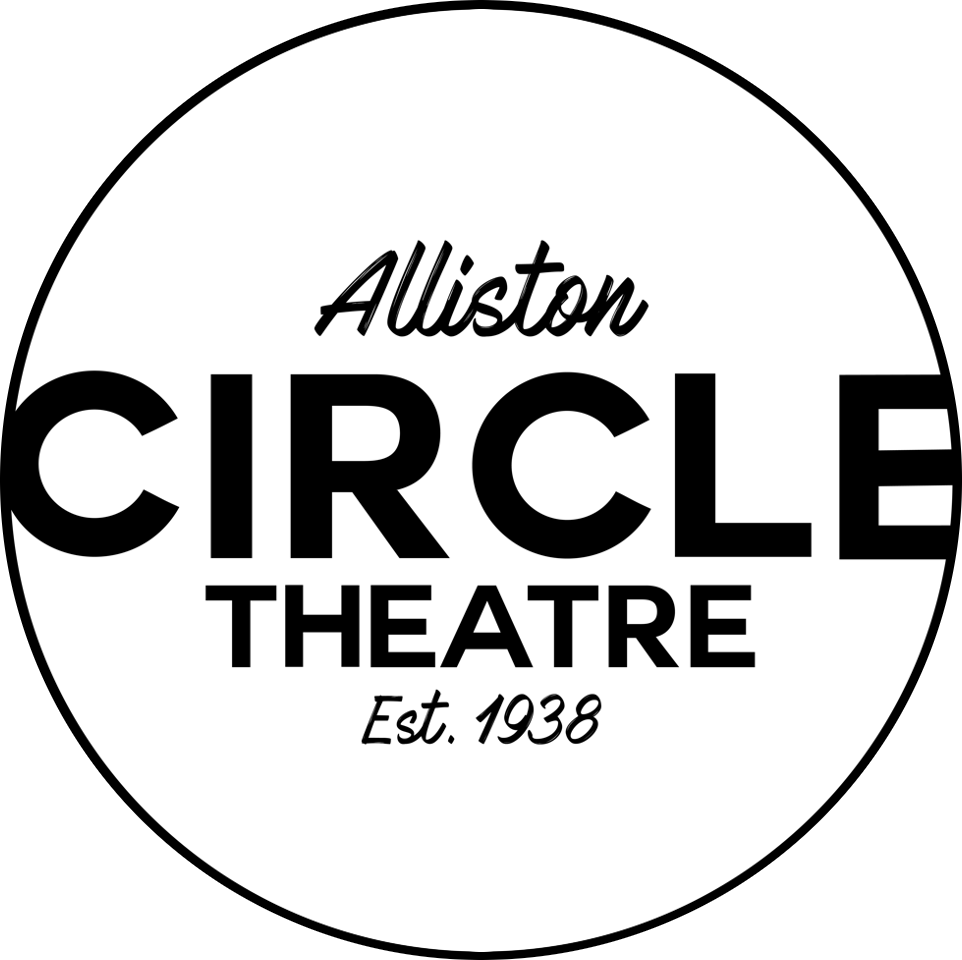It seems like Marvel releases a new superhero film every other day, or at least it has felt that way for the past few years. They have released 12 films already since 2008, with all the films coexisting in what is now known as the Marvel Cinematic Universe, or MCU. So with this constant churning out of different superhero tales, you might think that their films would begin to feel repetitive and tiresome. Ant-Man definitely does not. Much like Guardians of the Galaxy from last summer, Marvel took a gamble by creating a superhero film based off a lesser known comic book series, and then another gamble by casting prominent comedy actors in both leads. Luckily for Marvel, both films thrive because of these risks.
Honestly, the concept behind Ant-Man sounds silly at first, but it's undeniably unique in comparison to the other MCU films and their respective heroes. Paul Rudd stars as Scott Lang, a former criminal looking to redeem himself, who find his second chance in the form of world saving heroics. He is much like Iron Man in how he needs a suit to give him superpowers, and even then, all it allows him to do is shrink to the size of an ant with the touch of a button. I know it sounds silly but bare with me. He is unique because his powers aren't combat focused like most of the Avengers, but instead emphasize strategy. Ant-Man isn't a God with a devastating hammer or a giant green monster that can level buildings with ease, instead he has the power to shrink while also increasing his strength. But that's not at all; Ant-Man can also communicate with, you guessed it, ants. This is a major difference in his arsenal when compared to the Avengers. It allows for planning and strategic thinking. Compare that mentality to "Hulk Smash!" and you should be able to understand what I mean.
The film follows Scott Lang as he is sought out by brilliant scientist Hank Pym, played by Michael Douglas, to succeed him in being the world's tiniest hero. Pym needs the combination of Scott's thieving expertise and the power of the Ant-Man suit in order to pull off a heist that will ultimately save the world. The film's plot is well paced and fleshed out, as it introduces the world of Ant-Man and really sells the motive behind every character. Now, one of my biggest worries going into the film was how the sequences where he is miniature would be executed. Trying to base a film off of scenes featuring a man the size of an ant could end up being pretty silly, and director Peyton Reed had to have known this going into production, because it is really embraced. They have fun with making small objects suddenly huge, and the film transitions from the small scale sequences back to normal size with smoothness and occasionally a bit of humour. These sequences really are the core of the film, and what helps separate Ant-Man from being just another ordinary superhero movie. Well, these sequences, and of course Paul Rudd.
Many people will know Paul Rudd from his comedy roles in films such as I Love You, Man, Wet Hot American Summer, Anchorman, or even his stint during Friends' final season. He is not exactly known outside of a comedy setting, but that doesn't hinder his performance during Ant-Man in the slightest. Chris Pratt absolutely killed it as Starlord last summer, so it might be a bit unfair to compare Rudd to him, but of course I am still going to. Pratt was more charming while Rudd is more awkward, which is not anything new if you have seen any of these actors' work before. I believe Pratt also thrived by having a stellar supporting cast to play off of, while Rudd has to essentially carry the comedic relief himself. Sure, he still has the great Michael Douglas and the beautiful Evangeline Lilly to share the screen with, but they do not have the same presence and dynamic as the Guardians of the Galaxy team. Overall, Paul Rudd does a fine job as the titular character, even if it is a slightly less memorable performance when compared to Chris Pratt as Starlord.
Ant-Man is different, funny, and ultimately a very entertaining movie. The latter, at least, seems to be the goal of all the Marvel films. It also helps that Scott Lang as Ant-Man is perhaps the most relatable hero, so far, within the MCU. The film and its hero come off as very genuine compared to the other larger-than-life comic book heroes. In the end, Peyton Reed and Paul Rudd create a superhero flick that has charm, humour, and interesting action sequences, which all combine to result in a fresh take on an established genre. The most important fact about Ant-Man, however, is that it doesn't feel like an unnecessary entry into the overwhelming MCU, and is actually one of the best yet. This film should surprise audiences just as much as Guardians did last summer, which is definitely a good thing.













